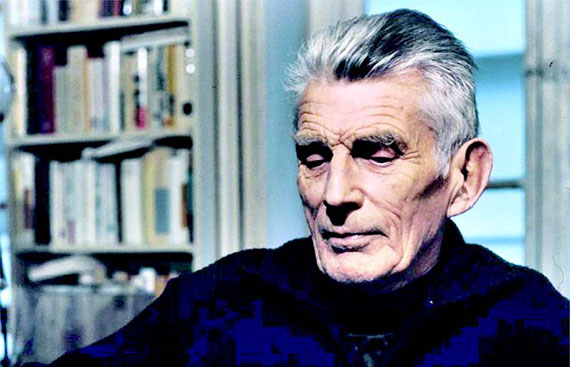Azadi ka Amrit Mahotsav Kolkata event honours four Clergymen
Pope Francis asks businesses to support working women: They’re ‘afraid to get pregnant’
Study: Christianity may lose majority, plurality status in U.S. by 2070
Indian politician declines Magsaysay Award under party pressure
Like John Paul II, Pope Francis heads to Kazakhstan during time of war

The literature of absurdity denotes mainly a number of works in drama and prose fiction which give the message that human condition is essentially absurd. Though literature of absurdity became famous only during the postmodern era with the works of French authors like Eugène Ionesco (1909 – 1994) and Samuel Beckett (1906 – 1989) this literature has its roots in the movement of expressionism and surrealism.
The current form of absurd literature emerged in France after the Second World War as a reaction to the basic beliefs and values in the traditional culture and literature. The experiences of the two World Wars shattered many of the traditional assumptions, for instance, human beings are rational; they fairly and intelligibly take decisions, they are part of an ordered and structured society, they will keep dignity and heroism even at the moment of failures, etc. The tragic moments the Europeans lived during the Wars made them believe that humans are isolated beings and they are cast into an alien universe. Human world possesses no inherent truth, value and meaning. Humanity is in its fruitless search for purpose and significance. It does not know whence it comes and to where it moves. The existence of man is both anguished and absurd.
The French writer Eugène Ionesco, the author of The Bald Soprano (1949) and of The Lesson (1951) has translated man’s absurd feeling in the post-War era as follows: “Cut off from his religious, metaphysical and transcendental roots man is lost, all his actions become senseless, absurd and useless.” At another occasion he writes: “People drowning in meaninglessness can only be grotesque, their sufferings can only appear tragic by derision.”
Another exponent of the literature of the absurd was Samuel Beckett. By birth Irish he lived mostly in Paris and has to his credit many works in drama and prose-fiction. His plays like Waiting for Godot (1954) and Endgame (1958) spread the themes like irrationalism, helplessness and absurdity of life. His dramas rejected realistic settings, logical reasoning and coherently evolving plots. One good example would be that of Waiting for the Godot. This play presents two tramps in a waste land. They are waiting for an unidentifiable person called Godot fruitlessly and hopelessly. It is not sure for them whether such a person exists or not. Still they seem to remember that they have an appointment with him. And one of them remarks saying: “Nothing happens, nobody comes, nobody goes, and it’s awful.”
As it is clear from the texts given above, these plays reject, in a mood of comical irrationalism, the traditional conventions of drama and thereby the customary presumptions of the Western culture. The isolation and anxiety of the human existence are portrayed in a funny manner. In the prose fictions like Malone Dies (1958) and The Unnamable (1960) Beckett’s characters make a sense of the senseless even while they lead a life without purpose. Other writers of the absurdity are French Jean Genet, Englishman Harold Pinter and the American Edward Albee.
These authors celebrated the concept of absurdity because they observed that there is a divorce between the human aspiration towards infinity and the finite nature of human existence. The gap between the intellectual desire for rationality and the irrationality of the physical world was disturbing to them. The world seemed to be a random combination of events and circumstances.
Vincent Kundukulam
Leave a Comment